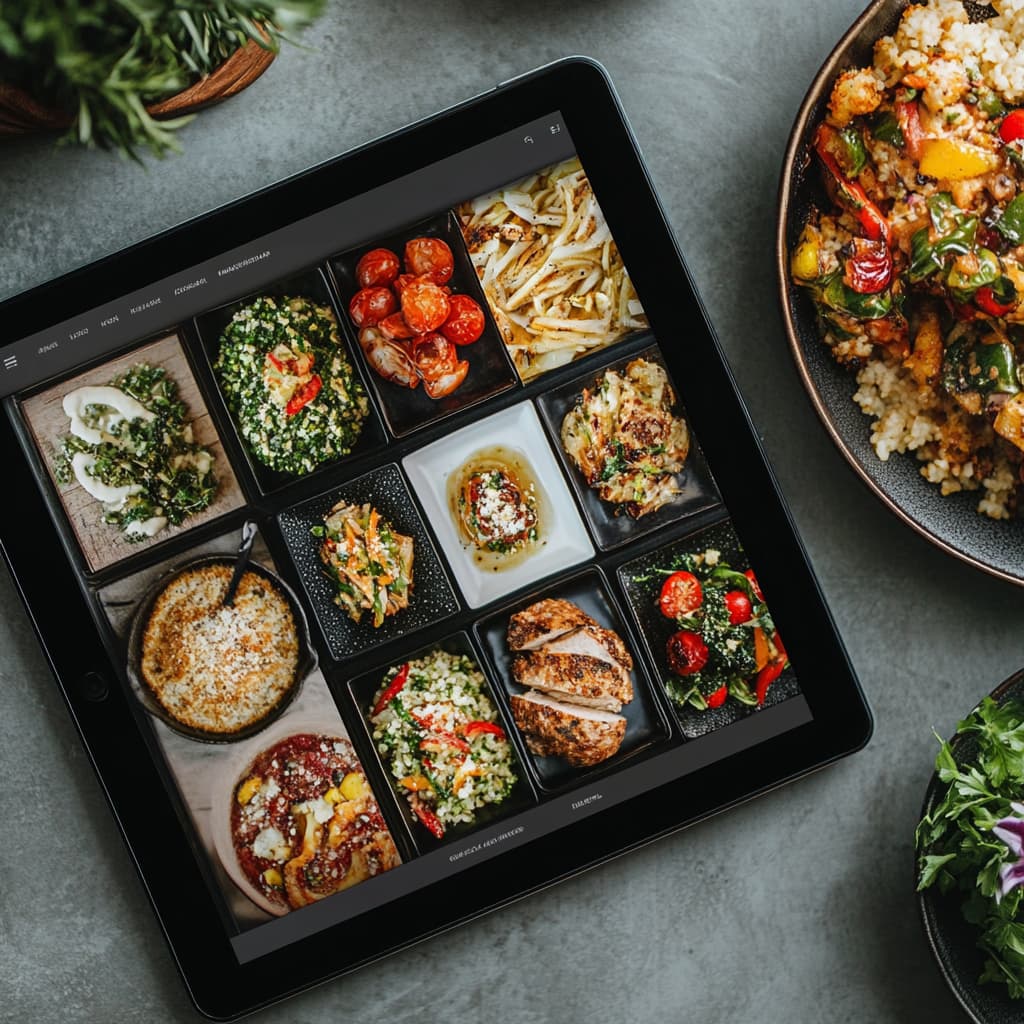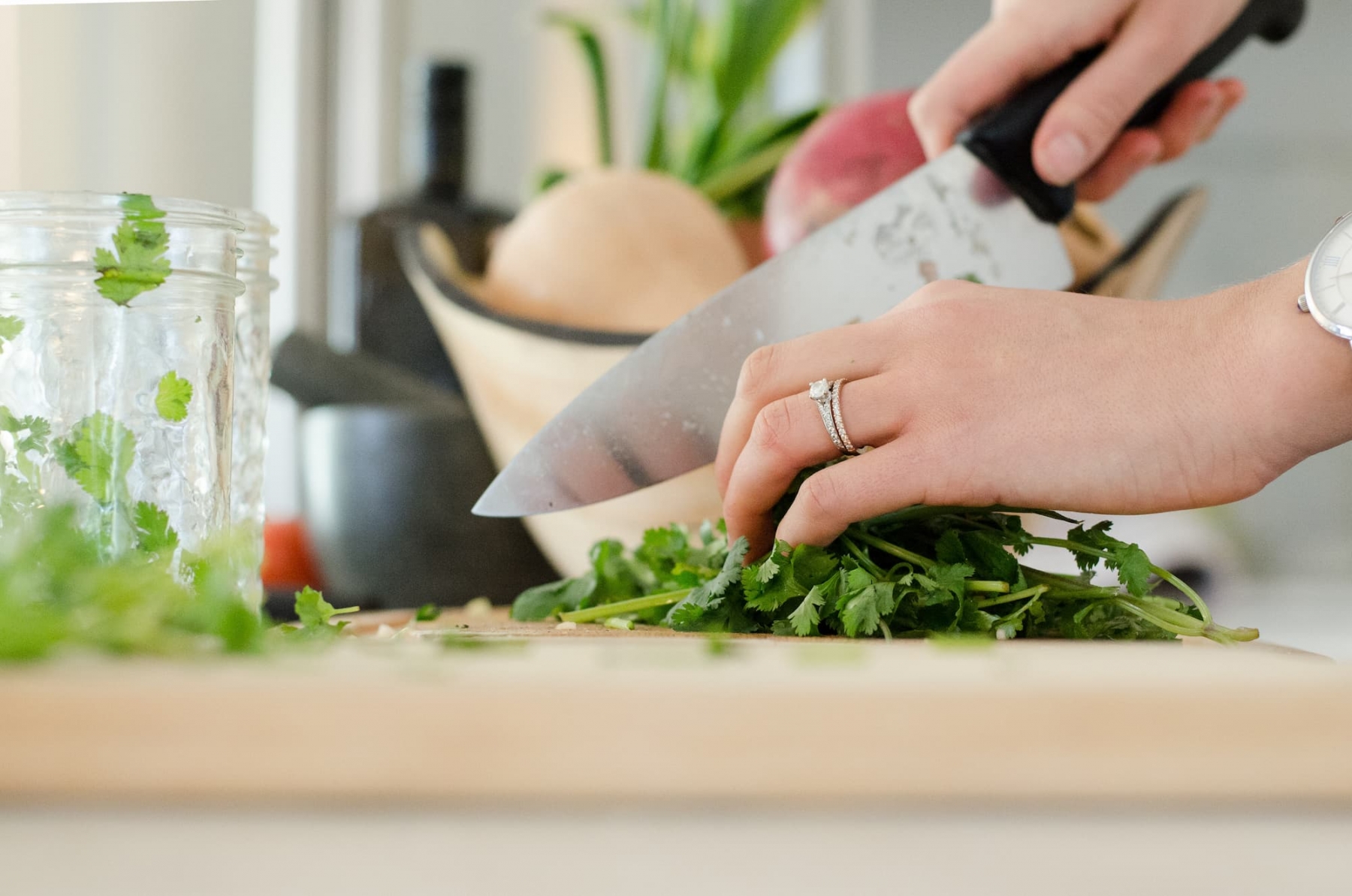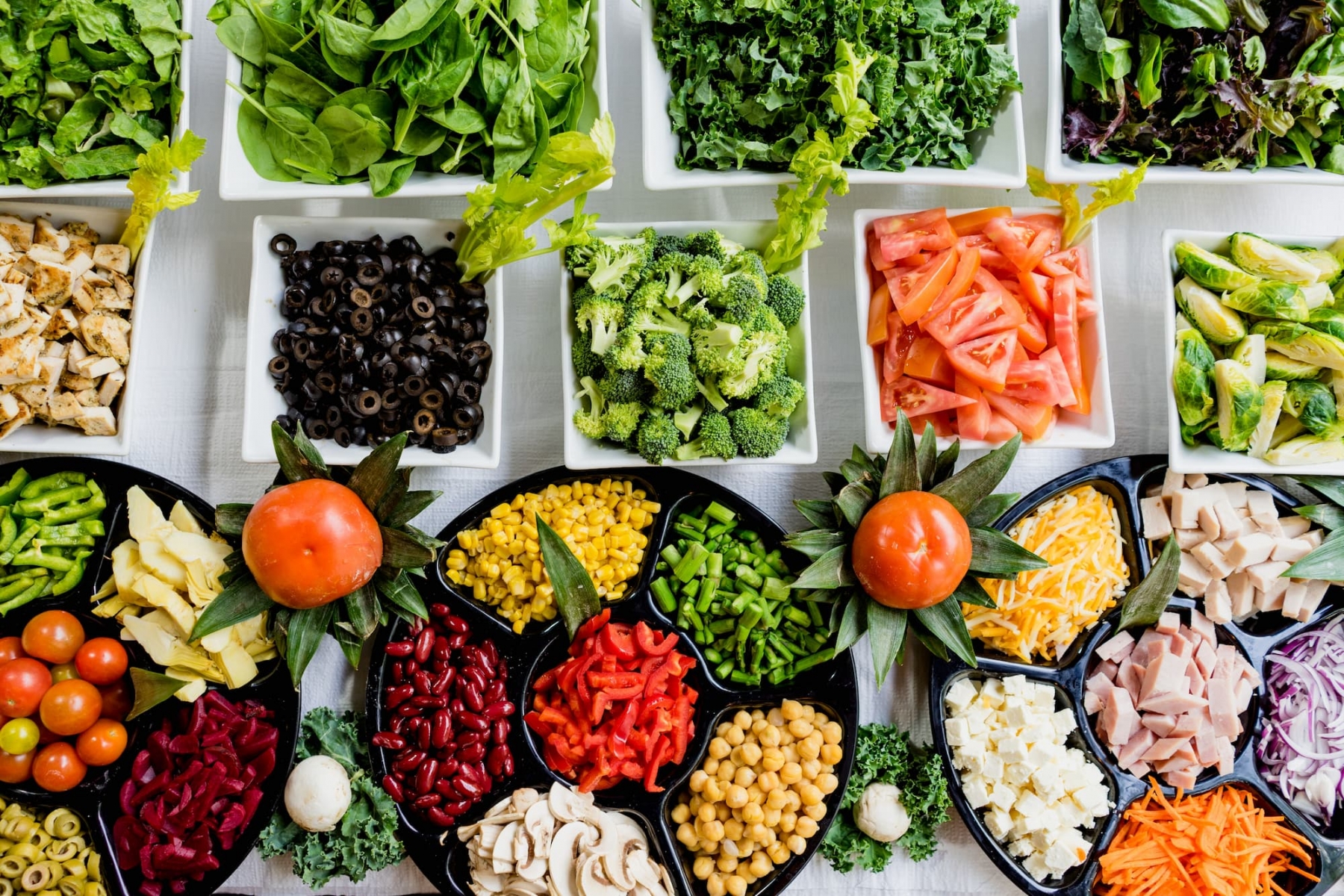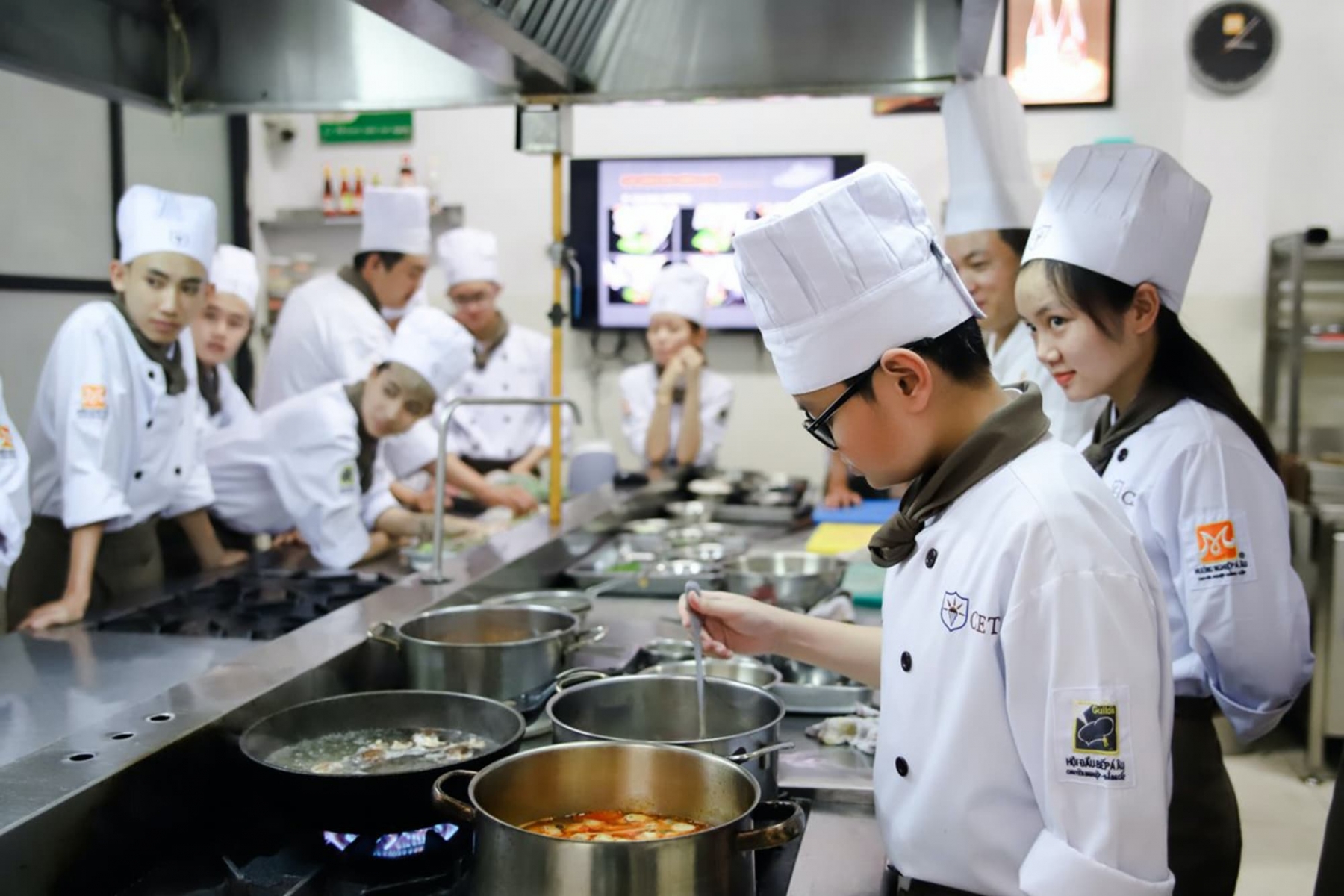When it comes to culinary art, many immediately think about the quality of ingredients, the professionalism of the chef and complex cooking techniques. But few people think about the importance of water, which is used at every step of cooking. However, water is one of the key components on which the taste and quality of the finished dish depends. That is why, if you strive to create real culinary masterpieces, you should pay special attention to the quality of water, namely its filtration.
Water as a key ingredient
Water is used in almost every stage of cooking. It is necessary for boiling pasta, making broths, brewing coffee or tea, kneading dough and even for washing vegetables and fruits. It seems that this is the simplest and most obvious ingredient, but its quality directly affects the final result.
Impurities and impurities that may be contained in unpurified water can not only spoil the taste of the dish, but also harm your health. For example, chlorine, which is used to disinfect water, can impart an unpleasant taste that is especially noticeable in drinks and soups. Heavy metals such as lead and mercury can also leach into tap water and accumulate in the body, making water filtration not just a matter of taste but also safety.
The Role of Water Filtration in Cooking
Water filtration is a process that removes unwanted impurities such as chlorine, heavy metals, microorganisms, and other contaminants from water. Using filtered water in cooking has many benefits that make it indispensable in the kitchen.
- Purity of taste. Filtered water has no foreign tastes and odors, which allows ingredients to fully reveal their natural flavor. This is especially important when preparing soups, sauces, and drinks, where water makes up a significant part of the dish.
- Preservation of color and texture. Filtered water helps preserve the natural color of vegetables and fruits when cooking, and also prevents unwanted changes in the texture of foods.
- Health and safety. Clean water, free of harmful impurities and bacteria, ensures that your dishes will not only be tasty, but also safe for health.
- Service life of kitchen appliances. Using filtered water helps extend the service life of coffee machines, kettles and other kitchen appliances, preventing scale and corrosion.
Cooking as an art
Cooking is not just a process of cooking, it is a real art, where every detail is important. Filtered water plays a vital role in this art, as it sets the basis for the entire process. Impeccably clean water allows chefs to create dishes in which each ingredient reveals its taste 100%, creating harmony and balance on the plate.
In the world of haute cuisine, there are no trifles. And if you strive for perfection in cooking, then you need to start with the simplest thing – with water. Having provided yourself with high-quality and clean water, you open up new horizons for creativity in the kitchen, making each dish a real work of art. After all, gourmet cuisine really does start with water.

Water filtration is key to cooking for several important reasons:
1. Removing Unwanted Flavors and Odors
Tap water may contain chlorine and its derivatives, which are used to disinfect plumbing systems. These substances can impart unpleasant flavors and odors that can ruin the taste of food and drinks. Filtration removes these compounds, allowing the water to be neutral and clean, which is especially important when preparing soups, sauces, and drinks.
2. Reducing Water Hardness
Hard water contains high concentrations of calcium and magnesium. These minerals can cause scale to form on kitchen appliances and pans, as well as alter the texture of baked goods and other cooked items. Water filtration helps reduce water hardness, improving cooking results and extending the life of appliances.
3. Removal of Potentially Harmful Contaminants
Tap water may contain various contaminants such as heavy metals (lead, mercury), pesticides, pharmaceuticals, and microorganisms. These substances can be harmful to health and negatively affect the taste of food. Water filtration effectively removes such contaminants, ensuring the safety and purity of water.
4. Preservation of the Natural Flavor of Ingredients
Clean water helps preserve and enhance the natural flavor of ingredients. This is especially important when preparing dishes where water makes up a significant part, such as broths, sauces, and soups. Using filtered water helps to reveal all the nuances of the taste and aroma of ingredients, making dishes more rich and harmonious.
5. Improving the texture and appearance of food
Filtered water helps to preserve the natural color and texture of foods. For example, vegetables cooked in filtered water retain their brightness and crispy texture better than those cooked in hard or polluted water. This makes dishes more attractive and appetizing.
6. Save on Appliance Maintenance
Filtered water prevents scale and corrosion, which helps keep your kitchen appliances in good condition. Not only does this extend the life of your appliances, but it also reduces maintenance and repair costs.
7. Environmental Benefits
Using filtered water reduces the need for bottled water, which helps reduce plastic waste and lowers your carbon footprint. It’s a more sustainable and eco-friendly option that also supports your cooking goals.
Tankless Water Filter: Your Secret to Perfect Taste
When it comes to creating culinary masterpieces, water quality is key. Tankless water filter is a modern solution for ensuring clean water in your kitchen. This filter, which does not require a water storage tank, effectively removes unwanted impurities such as chlorine, heavy metals and microorganisms, providing a constant flow of clean water. Using a tankless water filter allows you to preserve the natural taste of ingredients, improve the texture of dishes and extend the life of kitchen appliances. This approach not only contributes to the creation of perfect culinary masterpieces, but also supports environmental sustainability by reducing the need for bottled water.
Conclusion:
Gourmet cuisine begins with water, and the quality of water directly affects every aspect of the culinary process. Water filtration is the first step to creating exquisite dishes and drinks that captivate with their taste and aroma. It allows you to reveal the true potential of each ingredient, creating harmony and balance on the plate. By investing in quality water, you invest in your culinary skills, making each dish a true work of art.












Recent Comments